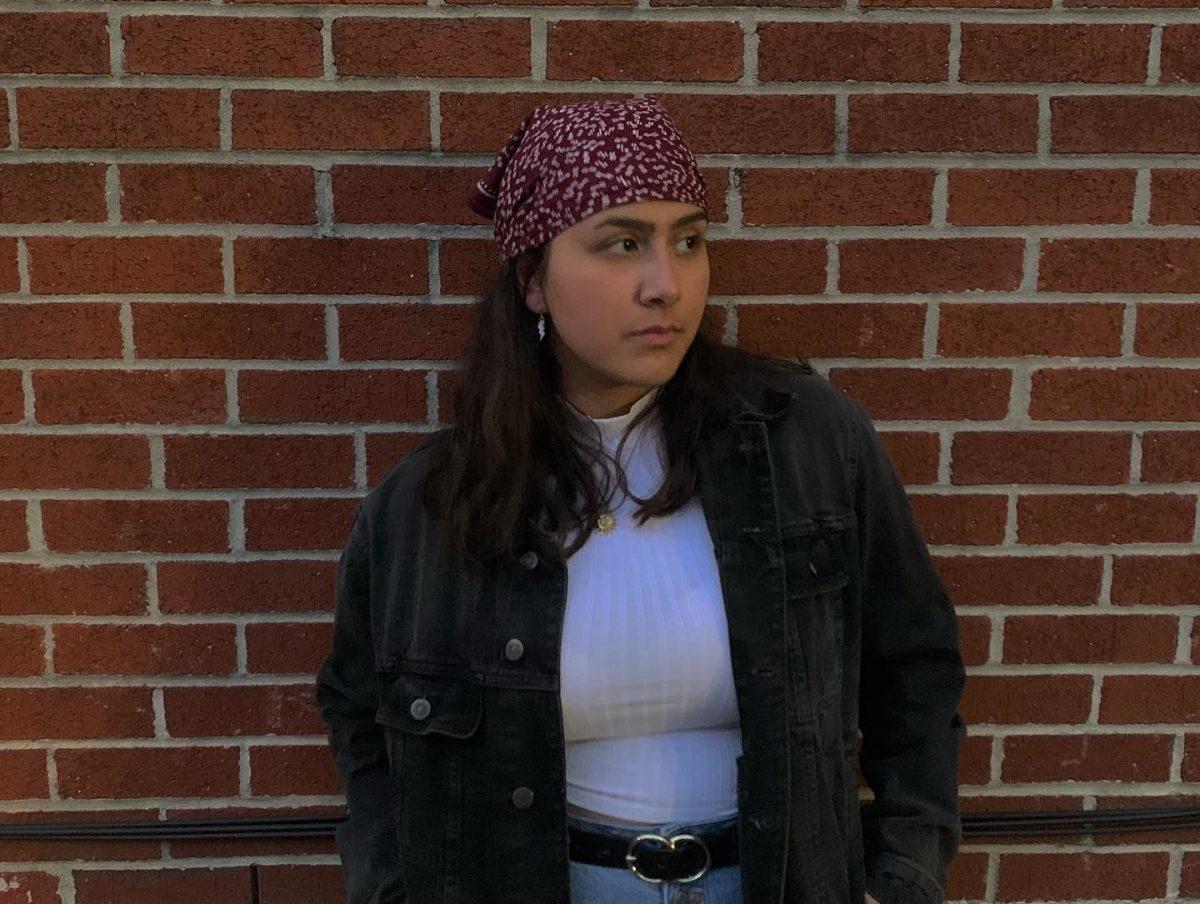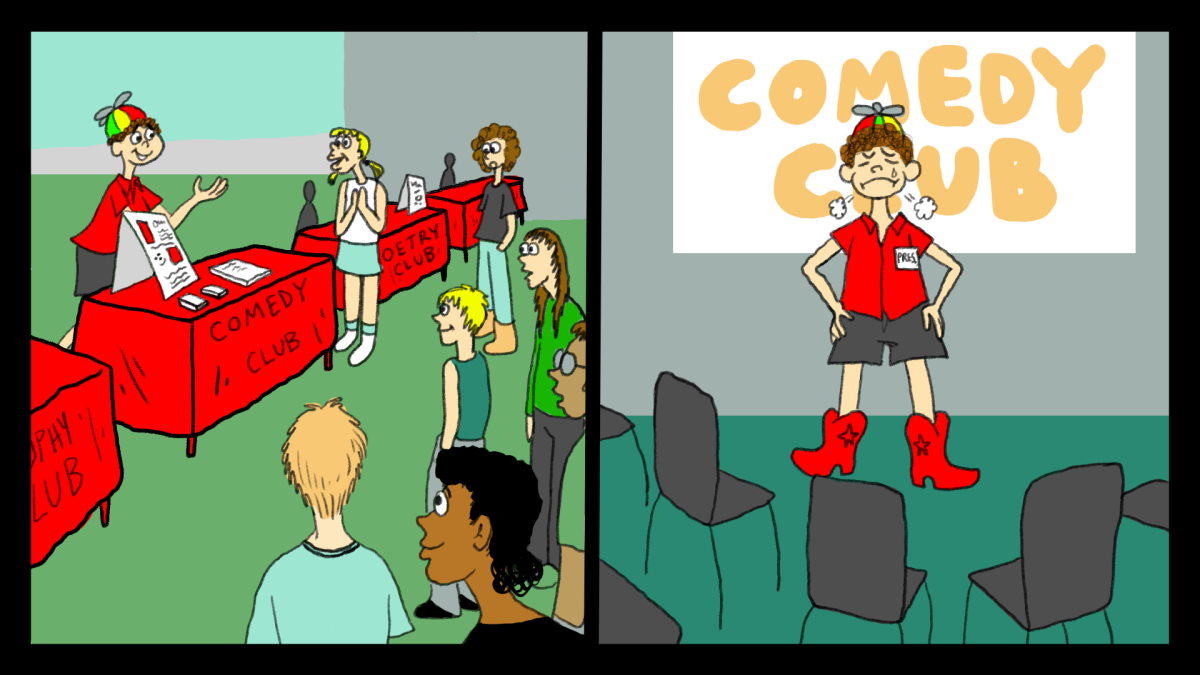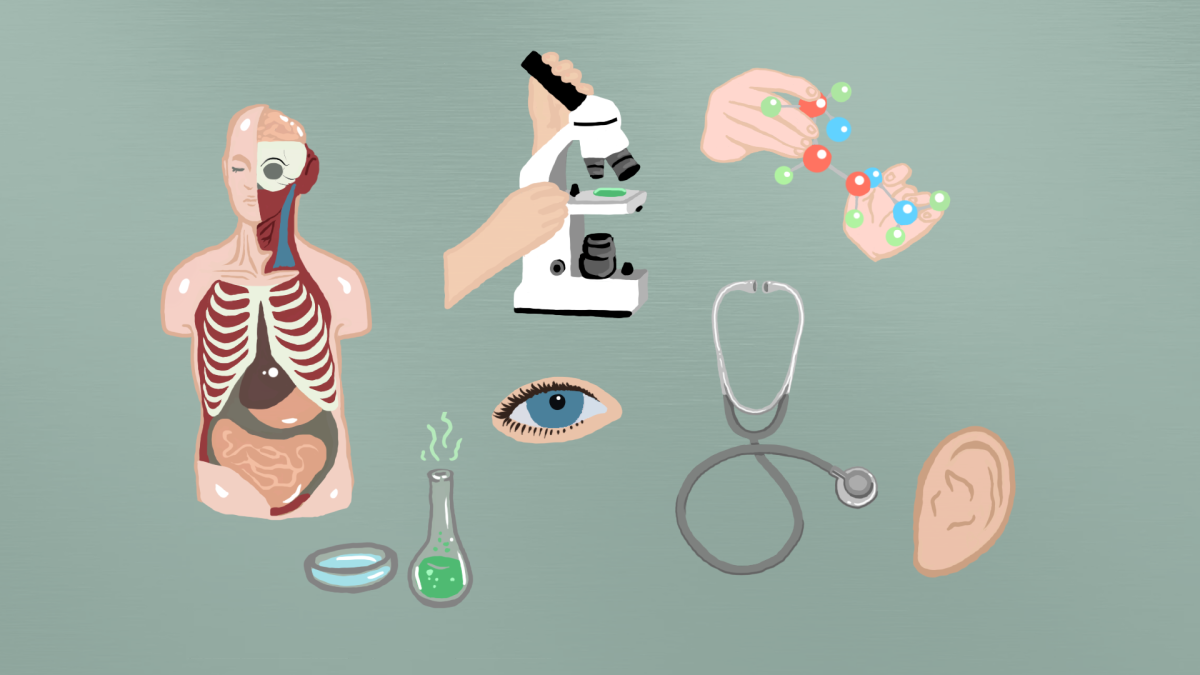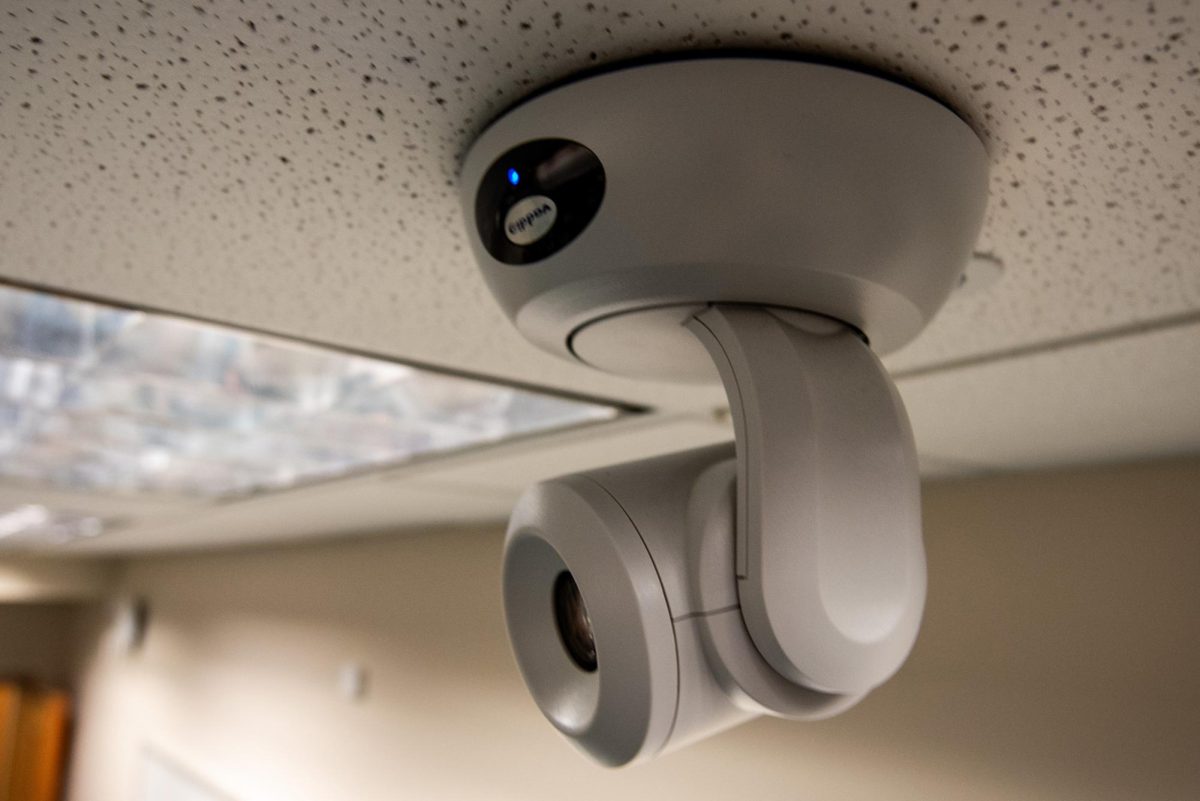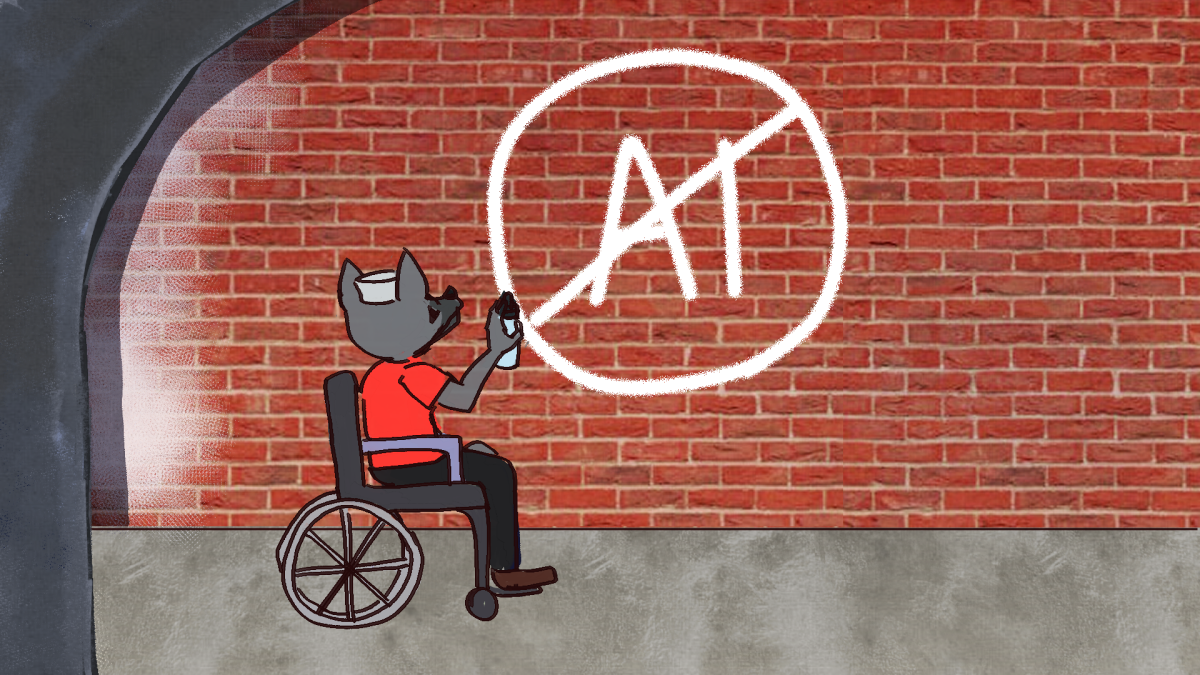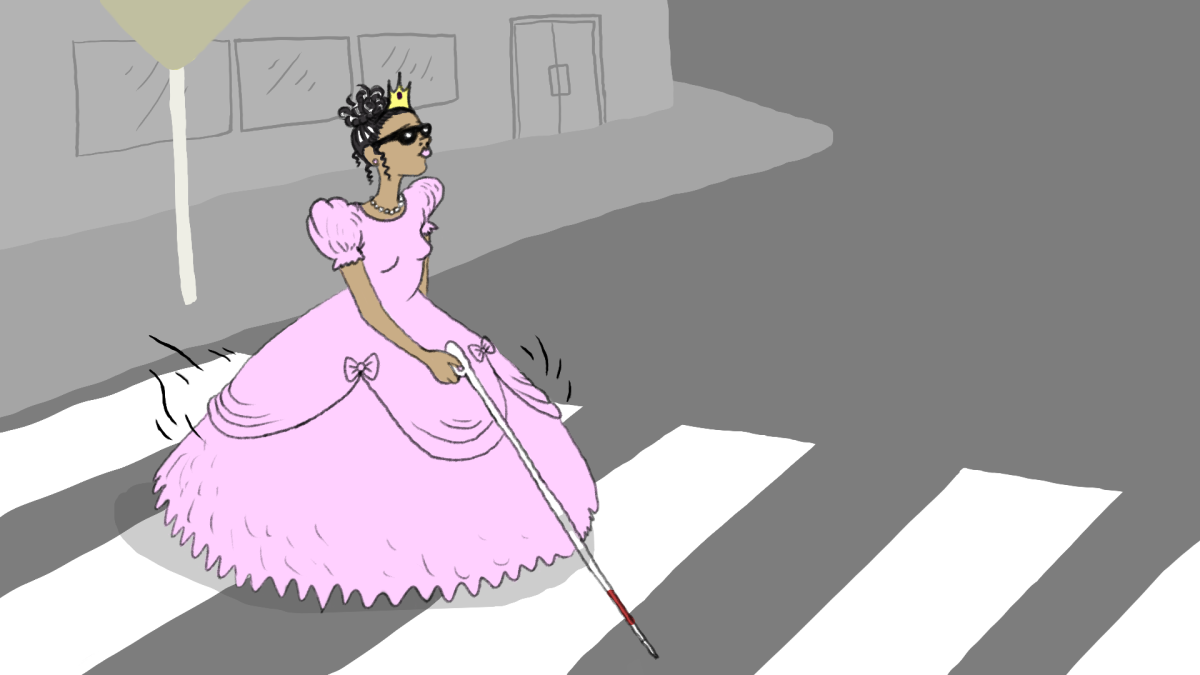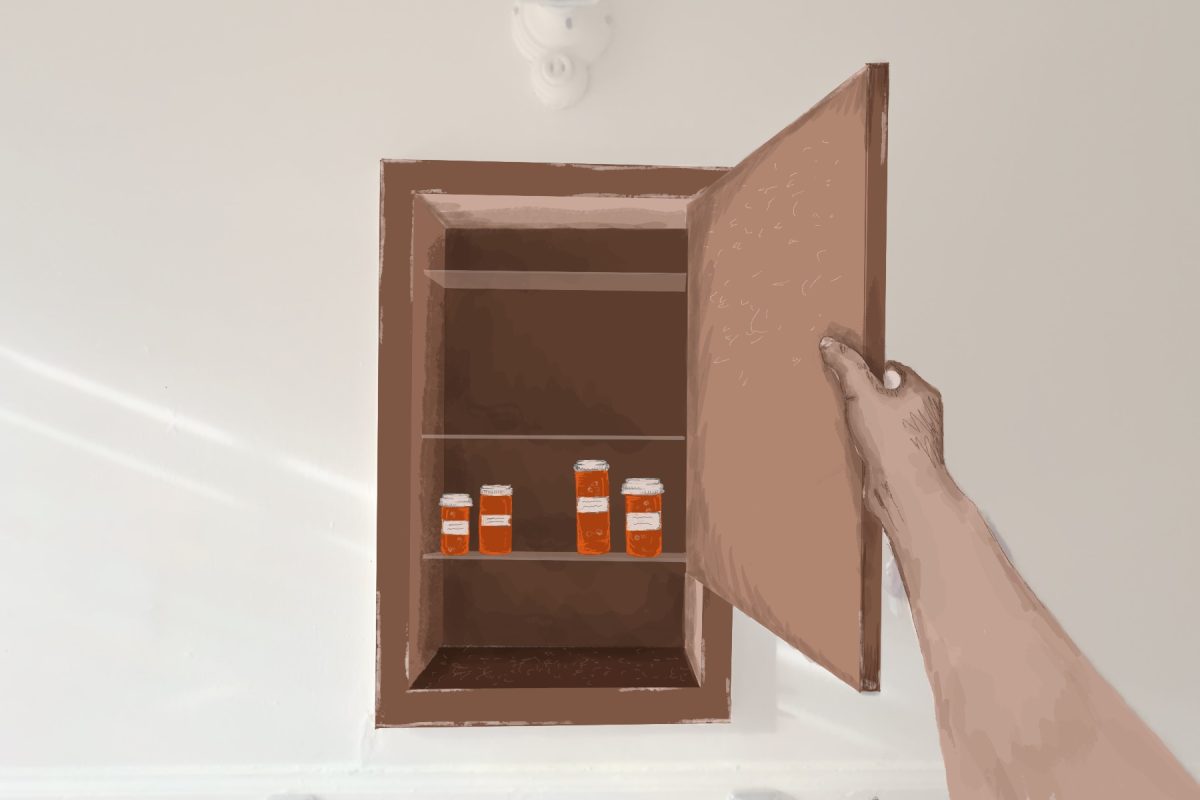“The Breakfast Club,” “Booksmart” and “The Edge of Seventeen” are just a few of the films that come to mind when I think of the term “coming-of-age.” Coming-of-age films are narratives that show a protagonist facing a major personal conflict, and thus, they are forced to make some decision about their future. Back when we could watch movies in person, leaving the theater after seeing one of these films made me feel optimistic. I felt so much nostalgia about my youth and ending high school even though my high school experience was not Hollywood-esque in any sense.
While I enjoy these movies, I am frustrated by the fact that Hollywood leaves behind many coming-of-age stories by not trying to appeal to college-aged audiences. If anything, a college experience is something far more romanticizable than any high school experience I ever had.
Hollywood’s version of high school is almost always portrayed as either the best or worst years of your life, but for me, high school was mostly forgettable. It was a time of discrimination and ostracization, and I really wasn’t happy with the person I was until my final semester. That’s what growing up in a small town usually does to you anyways.
It wasn’t until I moved to Raleigh to be at NC State that I felt like I could finally be the person I had always longed to be. I appreciate Hollywood acknowledging the end of high school as the beginning of your life, and while it is a nostalgic sentiment for anyone watching, it’s hard to imagine high school as something worth romanticizing.
Besides coming-of-age films, Hollywood has some sort of fixation on TV shows about high school as well. “Riverdale,” “Glee” and “13 Reasons Why,” are only a couple of the shows that have some interpretation of a high school experience. One of my favorites, even though it has gained fair criticism, is Sam Levinson’s “Euphoria.” “Euphoria” is a show set in California and follows the story of Rue Bennett, a drug addict struggling with her addiction and everything else in her life.
And while I appreciate the themes of “Euphoria” and the realness of its topics, I wish the show had been set in college. As for college-aged shows, there is only one that I enjoy, which is “Dear White People” on Netflix. The show begins with the protagonist as a freshman and follows her university experience with making friends, struggling with school and relationships and being Black.
If you’re looking for coming-of-age films set in college or even remotely about the topic, there’s not many to choose from. Graduating from college is something we might be excited about now, but when it gets closer, that experience can feel dreadful. “The Graduate” is a movie that perfectly encapsulates the hopelessness that many college graduates feel after their last semester. The force of capitalism makes them feel like they need to have everything figured out when they’re done with school even though they couldn’t be anywhere close to figuring things out. As people in their early 20s, college graduates deserve representation that makes them feel less isolated in this experience.
Even at film club meetings here at NC State, the pitches for movies or topics never include college-aged movies (Besides the one time we watched “The Social Network,” but that was kind of a free-for-all pitch). I love coming-of-age movies; I just want to start seeing my experiences on the screen too. Hollywood must do better in representing this nostalgia for college students because our experience is worth just as much.


